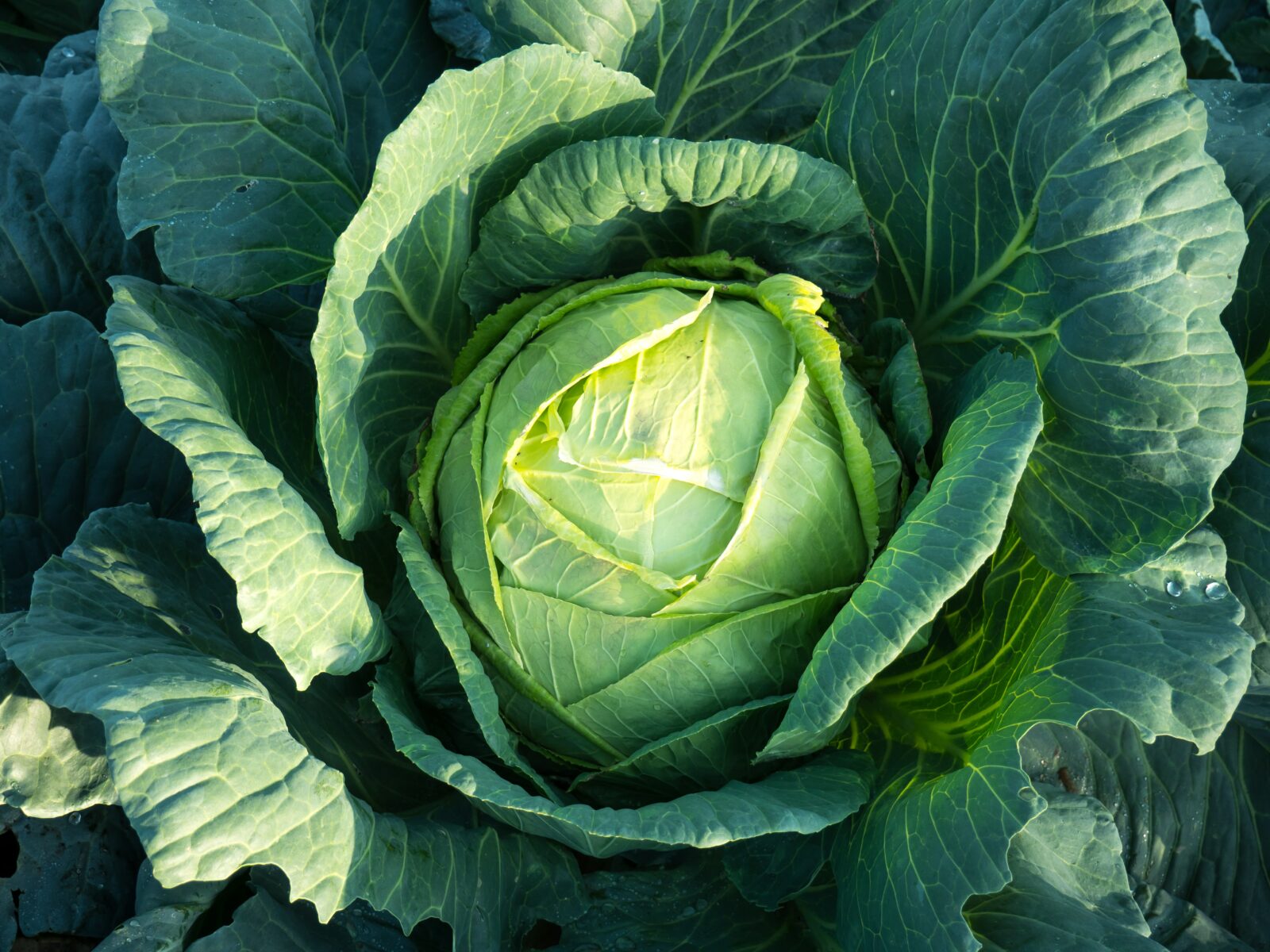Cabbage is the king of vegetables. It’s cheap, delicious, and versatile. If you’ve never cooked with it before, you should soon.
For my money, the best reason to love cabbage is that it’s extremely nutritious and it comes with many health benefits!
- Cabbage is a cruciferous vegetable, which is a term used to describe a group of vegetables that contain high levels of an antioxidant called sulforaphane. This antioxidant is believed to help prevent certain cancers.
- Cabbage is also a good source of vitamin C and vitamin A, and is also rich in fiber. In fact, one cup of raw cabbage has about 7 grams of fiber, which is 24% of the daily value. This stands in stark contrast to the 2.3 grams of fiber in a banana.
- The vegetable is low in calories, with only 19 calories per cup. It is also fat-free, has zero sodium and is an excellent source of antioxidants, while being low in carbohydrates.
- Cabbage has a number of known health benefits, including lowering cholesterol and blood pressure, preventing cancer, and treating digestive disorders. This vegetable is also a popular ingredient in many dishes, from soups to coleslaw.
- Cabbage is also a good source of vitamin K, which plays a big role in bone health. Vitamin K helps the bones absorb calcium, which is important for proper bone health.
- According to research, cabbage contains compounds called glucosinolates. Glucosinolates are compounds that break down into compounds called isothiocyanates, which play a role in cancer prevention.
- Cabbage is low in calories, fat-free, and sodium-free, while being rich in nutrients.
- Cabbage also contains sulfur compounds, which are compounds that the body uses in critical brain functions. Sulfur compounds are also found in eggs, meat, fish, poultry, and dairy products.
- Cabbage can also help support eye health, as well as immune system health. It contains antioxidants called anthocyanins, which help fight free radicals and prevent cell damage.



























Leave a Reply